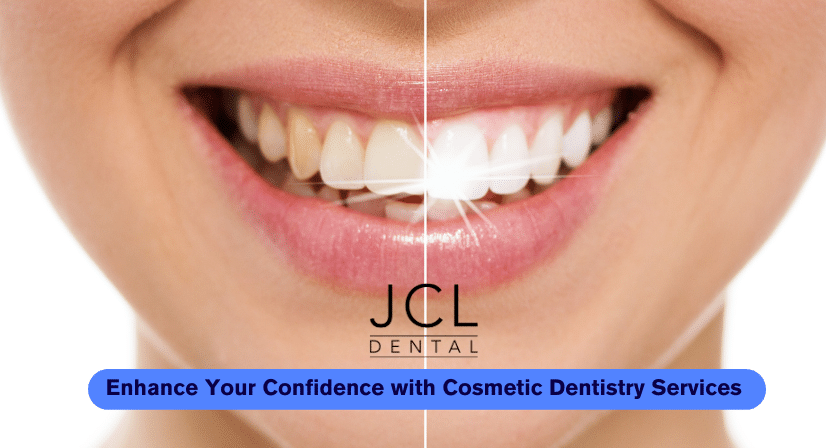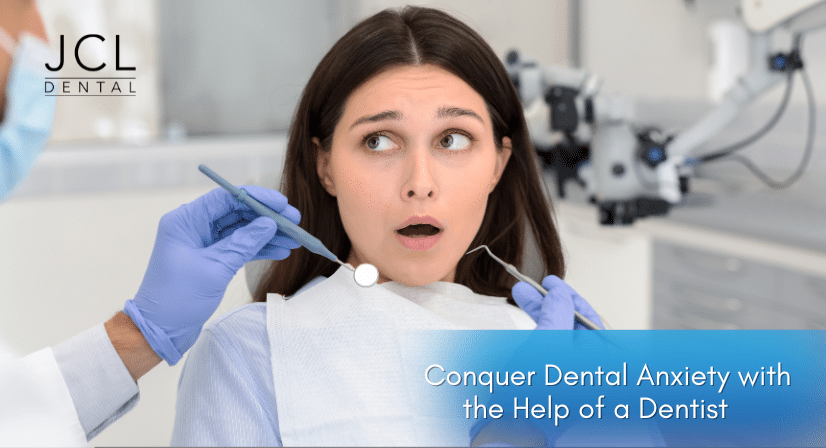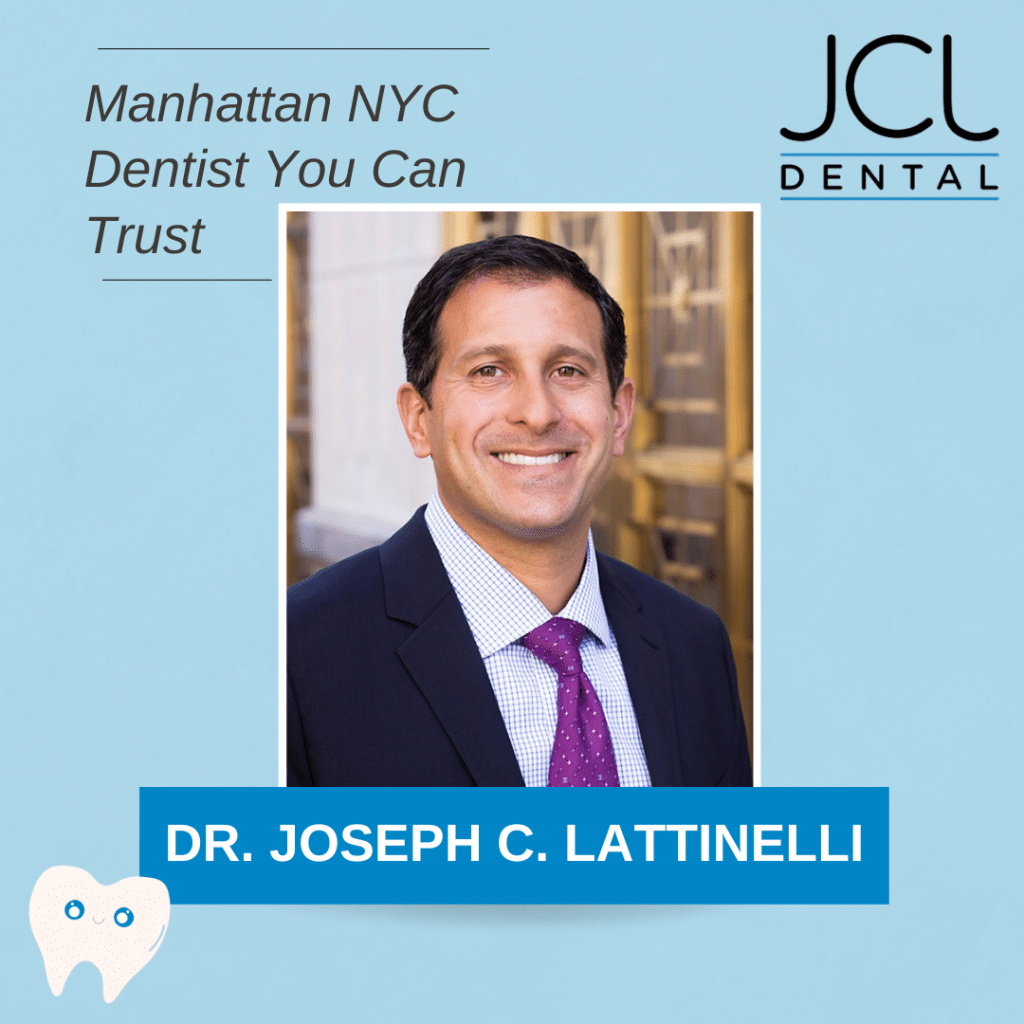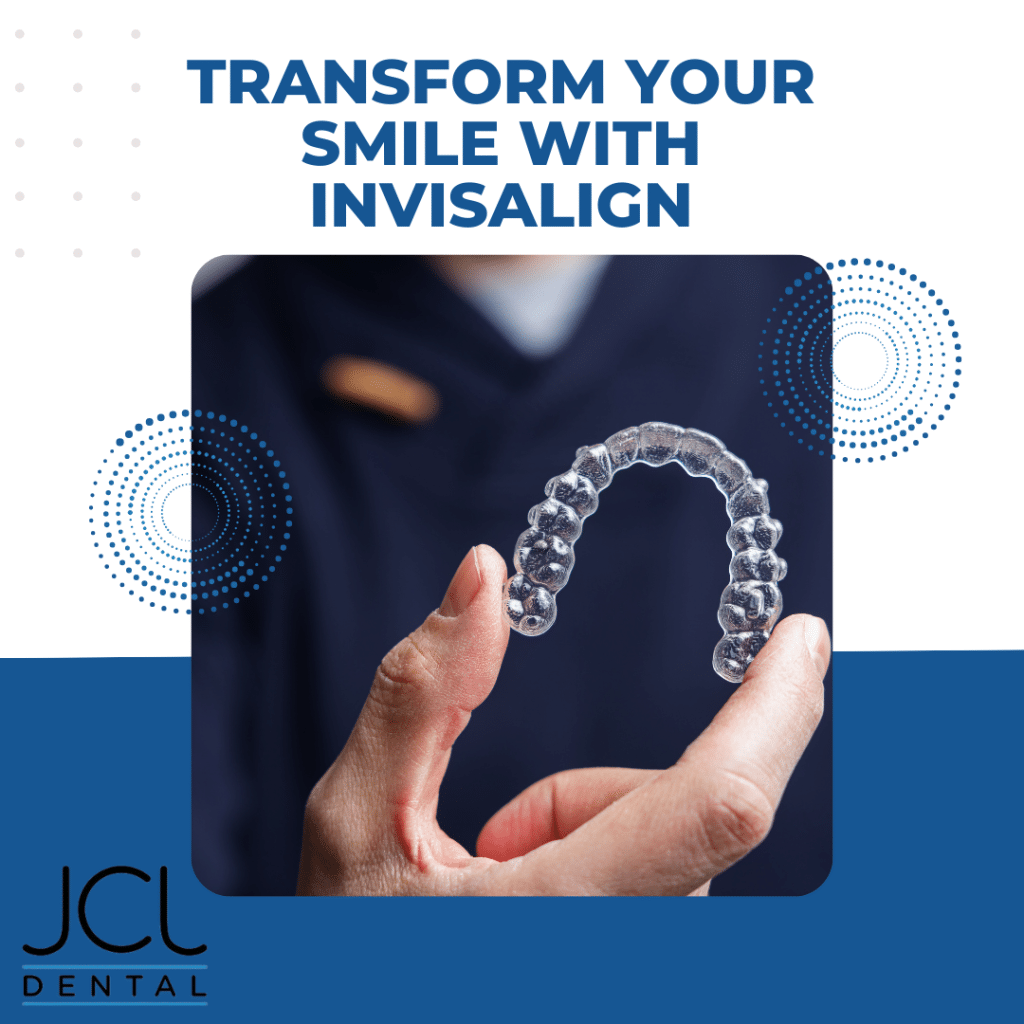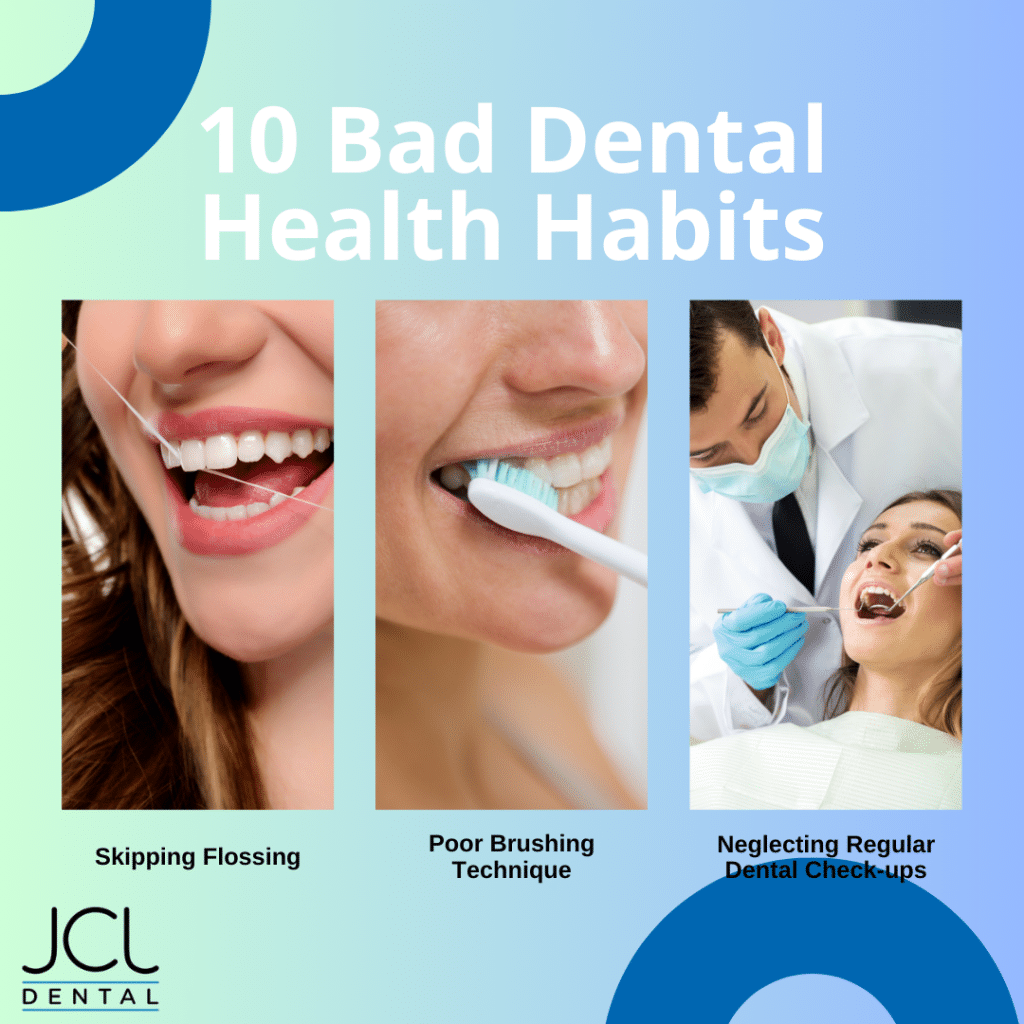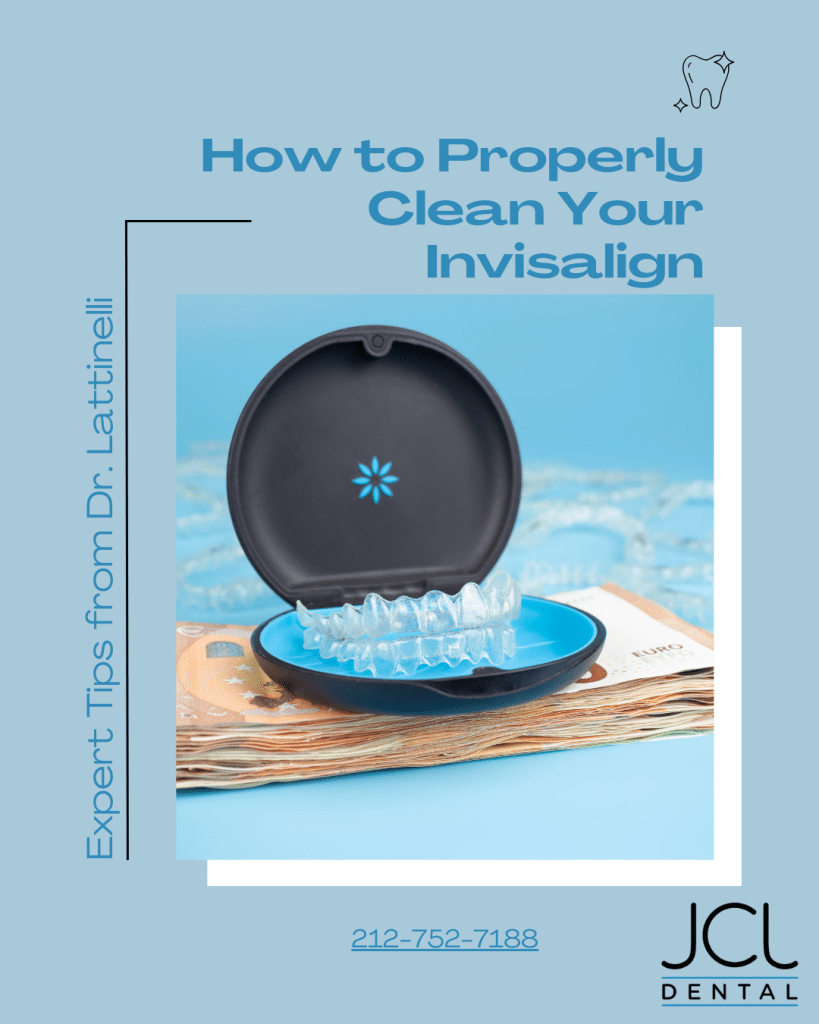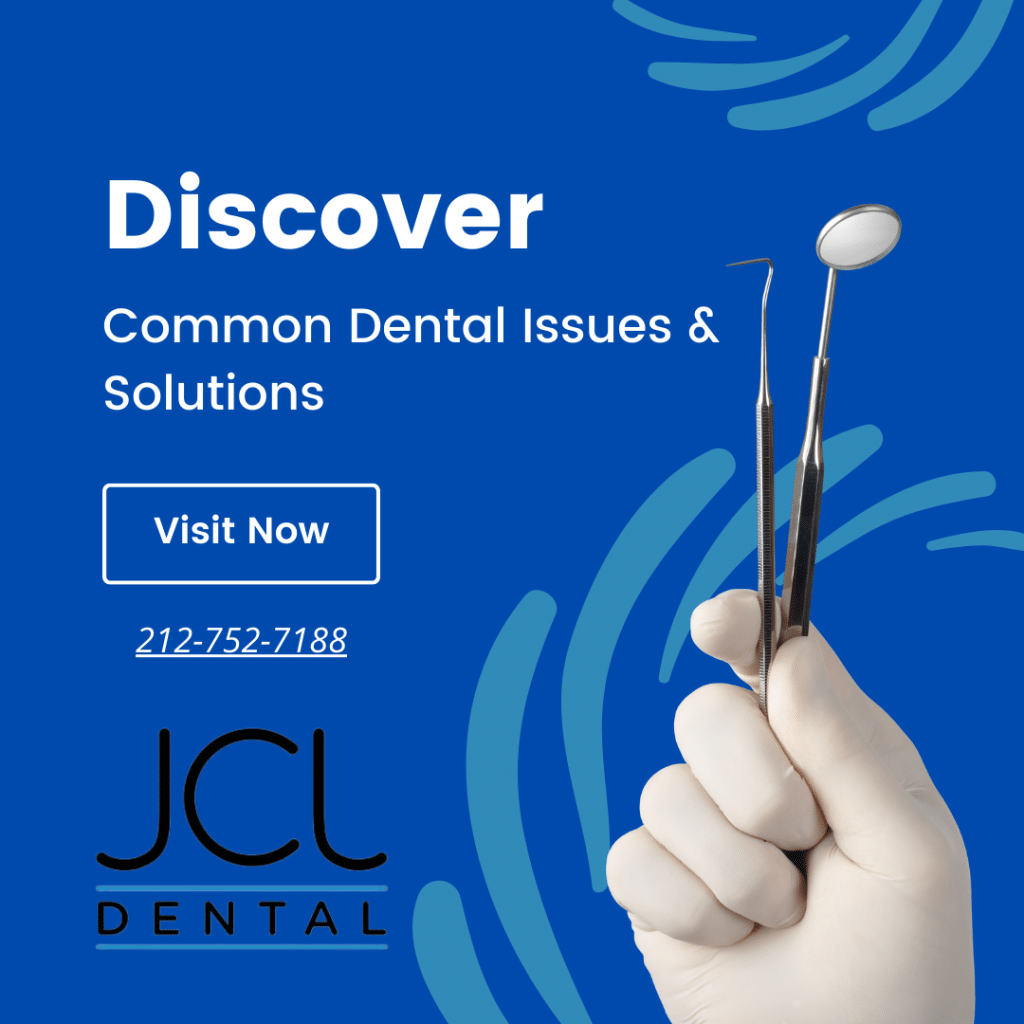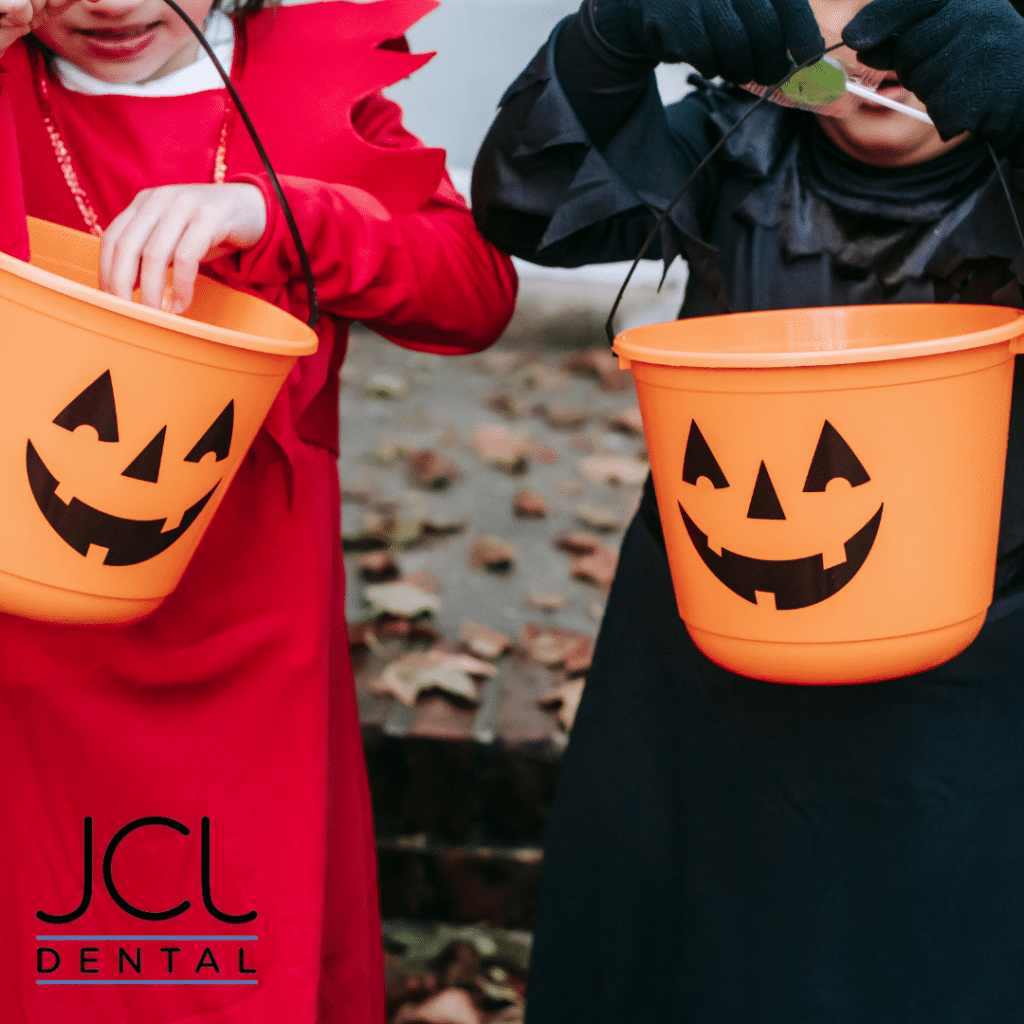A smile is more than just an expression; it's a powerful tool influencing every aspect of our lives. Whether in personal relationships or professional settings, a confident smile can open doors and create lasting impressions.
Maintaining a perfect smile requires more than daily brushing and flossing. It involves investing in high-quality dental care that preserves oral health and enhances overall well-being.
Importance of Dental Health
Understanding the multifaceted significance of dental health is crucial, as it impacts our physical well-being and our psychological and social lives.
Overall Health Connection
Oral health is intrinsically linked to our general health. Numerous studies have shown that poor oral hygiene can lead to serious health issues, including heart disease, diabetes, and respiratory problems. For instance, bacteria from inflamed gums can enter the bloodstream, causing arterial plaque and potentially leading to heart conditions.
Similarly, periodontal disease has been linked to the development of diabetes, as inflammation can affect the body’s ability to use insulin. Preventive dental care, therefore, is not just about keeping your teeth clean; it’s about maintaining your overall health. Regular check-ups and cleanings at JCL Dental can help you avoid these systemic issues by catching and treating oral problems early.
Psychological Benefits
A healthy smile can significantly boost your self-esteem and confidence. When you’re confident in your smile, it shows in your demeanor, making you more approachable and friendly. This psychological uplift can enhance your social interactions and mental well-being. On the other hand, dental issues can cause anxiety, embarrassment, and even depression.
Social and Professional Impact
A confident smile can be a game-changer in both social and professional contexts. First impressions often last, and a bright, healthy smile can make you appear more competent, trustworthy, and attractive. This can be particularly beneficial in professional settings where confidence and presentation matter. Whether going for a job interview, meeting clients, or networking, a great smile from JCL Dental can give you the edge you need to succeed.
Why Choose JCL Dental?
JCL Dental stands out for our unparalleled expertise, comprehensive services, patient-centric approach, and state-of-the-art facility.
Expertise and Experience
We have built a reputation for excellence over the years thanks to our team of highly qualified and experienced professionals. Led by Dr. Joseph Lattinelli, a renowned figure in the dental community, the team is dedicated to providing top-notch dental care.
Dr. Lattinelli's extensive training and expertise in various dental specialties ensure that patients receive the highest standard of care. With JCL Dental, you’re not just another patient but part of a dental family committed to your health and happiness.
Comprehensive Services
JCL Dental offers a wide range of services to meet all your dental needs. From preventive care, such as cleanings and exams, to restorative treatments like fillings, crowns, and bridges, the team is equipped to handle it all.
They also specialize in cosmetic dentistry, offering procedures like teeth whitening, veneers, and smile makeovers to enhance the aesthetics of your smile. Advanced treatments, including dental implants and orthodontics, are also available, ensuring that JCL Dental can effectively solve your dental needs.
Patient-Centric Approach
At JCL Dental, patient comfort and satisfaction are paramount. Our team believes in a personalized approach, tailoring each treatment plan to the patient's individual needs. When you walk through the doors, you are treated with care and respect. The friendly and professional staff take the time to listen to your concerns, answer your questions, and make sure you are comfortable throughout your visit. Patient testimonials speak volumes about the compassionate care provided by JCL Dental, with many patients highlighting the positive experiences and successful outcomes they’ve had.
State-of-the-Art Facility
JCL Dental is equipped with the latest dental technology, ensuring that patients receive the most advanced and effective treatments. Our modern clinic boasts state-of-the-art equipment, from digital X-rays and intraoral cameras to laser dentistry and 3D imaging.
These technologies enhance the precision and efficiency of dental procedures and improve patient comfort and outcomes. At JCL Dental, you can be assured that you receive the best care in a cutting-edge facility.
Investing in Your Smile
Investing in your smile yields long-term benefits, affordability, and a commitment to quality that ensures a lifetime of confident, healthy living.
Long-Term Benefits
Investing in your dental health is an investment in your future. Preventive care and early treatment of dental issues can save you from costly and extensive procedures down the line.
Regular visits to JCL Dental ensure that any potential problems are caught early, allowing for less invasive and more cost-effective treatments. Moreover, high-quality dental treatments are durable and long-lasting, providing you with a healthy, beautiful smile for years to come.
Affordable Financing Options
We understand that dental care can be a significant financial commitment, which is why we offer flexible payment plans and works with various insurance providers to make treatments more affordable.
Our team is transparent about pricing and will work with you to develop a payment plan that fits your budget. Investing in your smile doesn’t have to be a financial burden; with JCL Dental’s affordable financing options, quality dental care is within reach.
Commitment to Quality
At JCL Dental, quality is never compromised. Our team uses only the best materials and the latest techniques to ensure that every treatment is of the highest standard. Continuous professional development is a priority, with Dr. Lattinelli and his team regularly attending seminars and workshops to stay updated on the latest advancements in dental care. This commitment to excellence is reflected in the superior outcomes and patient satisfaction rates at JCL Dental.
Step Toward a Radiant Smile with JCL Dental
Investing in your dental health is an investment in your overall well-being and future success. JCL Dental, with our expert team, comprehensive services, patient-centric approach, and state-of-the-art facility, is the perfect partner in this journey. By choosing JCL Dental, you are not only enhancing your smile but also boosting your confidence, improving your health, and opening doors to new opportunities. Are you ready to invest in a healthier, more confident smile? JCL Dental is here to provide you with exceptional care and transformative results—schedule your consultation today by calling us at 212-752-7188.
